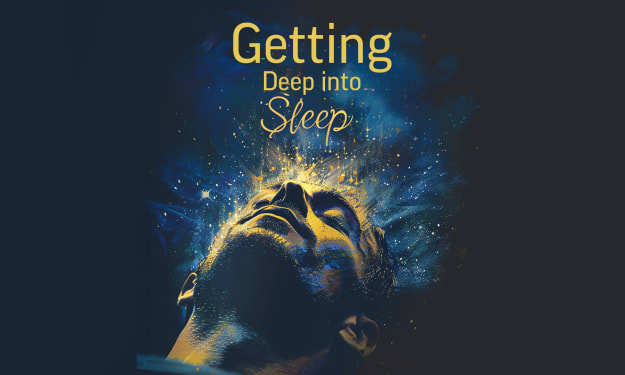Living with Migraine Attacks
A Look into Migraines

Thirty-million people in America live with a common disorder called a Migraine attack. Migraine headaches affect adults, children and the elderly. Research has found that migraine headaches can also lead to episodes of migraine attacks. Migraine attacks are a special kind of headache that involves a throbbing or pulsing sensation in one or more areas of the brain. Life can be difficult while living with migraine headaches. Most people don’t know that they live with this condition, which can be disabling while experiencing migraine headaches. Let's talk about more common signs of a migraine:
1. Nausea or vomiting
2. A craving for an unusual type of food
3. Mood changes such as excitable or depressive behavior
4. Irritability and frequent yawning
5. Changes in sensory such as vision or smell
6. A pulsating pain on one side of the head
7. Increase sensitivity to light/sound
8. Intense and debilitating headaches
9. Fatigue and confusion after an attack
10. Tingling, numbness or sharp pain in your ligaments
11. Change your vision such as flashing lights or zigzag lines in the eyes.
12. Inability to maintain focus
A migraine attack can last anywhere from four to 72 hours when not treated. A study found that nearly half of people who experience migraine attacks show signs usually one or two days before the start of their attack. Other things that can trigger a migraine is weather, sleeping habits, and environmental changes. The reason migraines have occurred is because of abnormal signals being sent to your brain.
Other factors that may trigger a migraine are if you have changes or stress in your life. Your sleep patterns and eating habits can be causes of your migraine attacks. Scientists have found that hypothalamus can be impacted by migraine attacks—the hypothalamus regulates your hunger, thirst, sleep, wake cycles, temperature, brain hormones, and metabolism.
To manage symptoms of attacks it is important to talk with a healthcare provider regard treatment. I would recommend you should start with your primary care doctors. It can sometimes feel difficult to ask for help. You might feel it not serious enough but important for you to ask for help.
If you feel your primary doctor can't give you the right answer, you can have your physicians put in a referral to a neurologist who is an expert in treating migraines. Migraines are not curable, but are treatable with a prescribed treatment by your physician.
I would recommend documenting all your symptoms. It also important to keep track of the time/date that your attacks start, as well as the length of the attacks. Usually, after providing a physician with a detailed description of your symptoms, the doctor will perform a physical examination, neurological exam, laboratory test and also rule out any underlying issues. Some standard lab tests include vital signs, blood test, eye exam, thyroid function, and electrolytes. If your physician finds something abnormal, then the next step is having to NeuroImage.
During your neurologic exam, you may either have MRI or CT scan to exam the structure of the brain. It can sometimes help determine the causes of migraine attacks. Sometimes results may not show signs on the x-rays. I wouldn't let finding normal test results discourage you from looking for other treatments.
Your health provider has options for treatment such as over the counter medications, lifestyle changes or prescription medications. The goal is for you to be proactive in your own treatment so you can find a way to manage your migraines, since there is currently no cure.
These are some other current treatment options to help manage migraine attacks: Nonsteroidal anti-inflammatory drugs, analgesics, triptans, ergots, opioids, corticosteroids, and antiemetics. Living with Migraines can be challenging but you are not alone. Look for researchers, foundations and support groups to help cope with migraine attacks.
About the Creator
Enjoyed the story? Support the Creator.
Subscribe for free to receive all their stories in your feed. You could also pledge your support or give them a one-off tip, letting them know you appreciate their work.






Comments
There are no comments for this story
Be the first to respond and start the conversation.